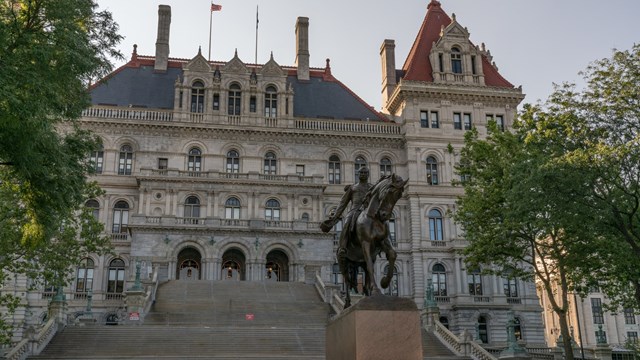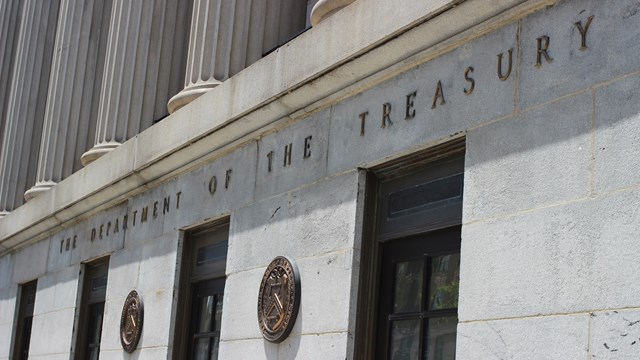Both the New York State Senate and Assembly have passed provisions to update the famous (sometimes infamous) J-51 property tax abatement and exemption program. It now awaits Governor Kathy Hochul’s signature. The new incarnation of the law was sponsored by Assemblyman Ed Braunstein and Senator Toby Stavisky, and reinstates the J-51 tax credit retroactively from June 2022.
What’s in the Bill?
The newest version of the law is generally favorable for co-ops and condos. “Owners will be happy to note that the revived J-51 program includes their buildings,” says YuhTyng Patka, a partner with Adler & Stachenfeld, a Manhattan based law firm. “The average assessed value eligibility requirements for co-ops and condos was raised to $45,000 per dwelling unit. J-51 is certainly something that boards can now take into consideration and add to their tool kit when it comes to underwriting contemplated renovations,” she continues, “particularly in light of the looming Local Law 97 compliance deadline.”
A Step Forward, or Back?
J-51 in its previous iterations has drawn the ire of residents who feel it drives displacement of the less economically fortunate - particularly in Manhattan and Brooklyn - accelerating the long-term gentrification of many New York neighborhoods. Supporters hold the abatement up as the impetus for improvements in housing stock and overall quality of life throughout the city. Perhaps the truth lies somewhere in between.
“The Affordable Housing Rehabilitation program, which is replacing the lapsed J-51 program, has no winners or losers - always a sign of a good compromise,” says Antonio Argibay, managing principal of Meridian Design Associates, an architectural and design firm with offices in New York and around the country. “Of course, it remains to be seen how it will play out over time. The J-51 had a lot of problems with abuse that are hopefully addressed in the new legislation. It addressed some of the key points of concern, like focusing on areas where affordable housing is at the greatest risk, strengthening affordability requirements and hopefully better monitoring and evaluation.”
On the other hand, Argibay continues, “Is this the solution to the shortage of affordable housing? Not in my opinion. I’m unsure how this will prompt thousands of ‘warehoused’ apartments to become available as affordable housing. It is, though, a helpful contributor to [solving] a problem with deep economic roots, and should encourage us as a society to keep searching for ways to save communities while maintaining viable property ownership and management.”
Patka adds that “Some would say no to this reinstatement, and that the juice is not worth the squeeze, so to speak. When considering the historical bureaucracy and delays associated with applying and implementing a J-51 benefit and weighing it against the benefits - which historically have not been updated to reflect sufficient market value of improvement costs - owners and their representatives have become increasingly frustrated with the program and moved on without J-51. Now that J-51 is back in the game, but with seemingly a tighter squeeze on owners in some respects, it is hard to say if its revival will move the needle much for owners.”
The new J-51 program’s future success may rest in part on the City’s ability to process applications and implement approvals in a timely manner. “I hope the relevant agencies are provided the necessary resources to contribute to the program’s success,” cautions Patka. “Past criticism of the J-51 program was also tied to the out-of-date certified reasonable cost schedule, which affects the amount of the J-51 benefit. The prior city administration acknowledged this issue. I hope the current administration agrees and renews past efforts to update the schedule.”










Leave a Comment